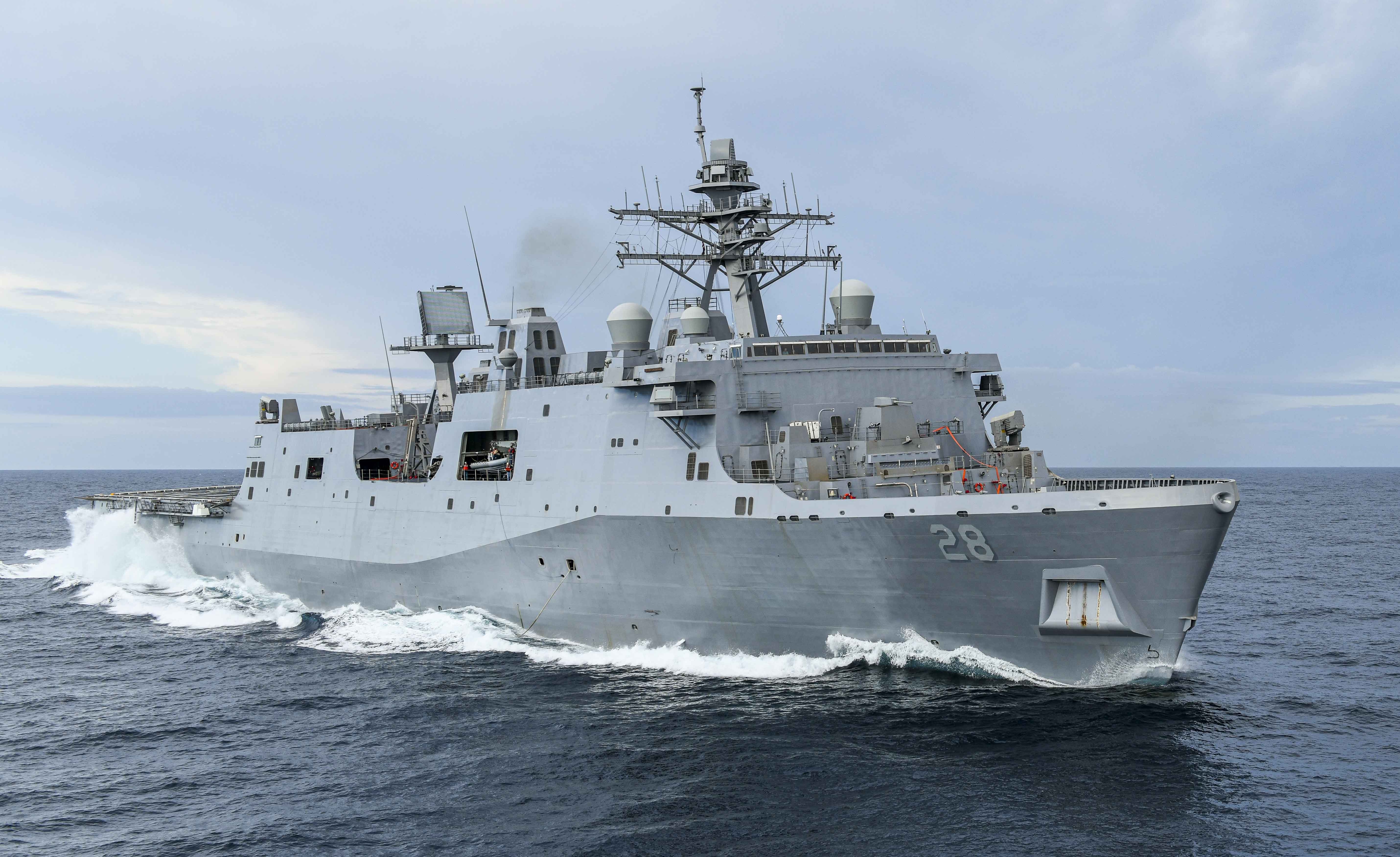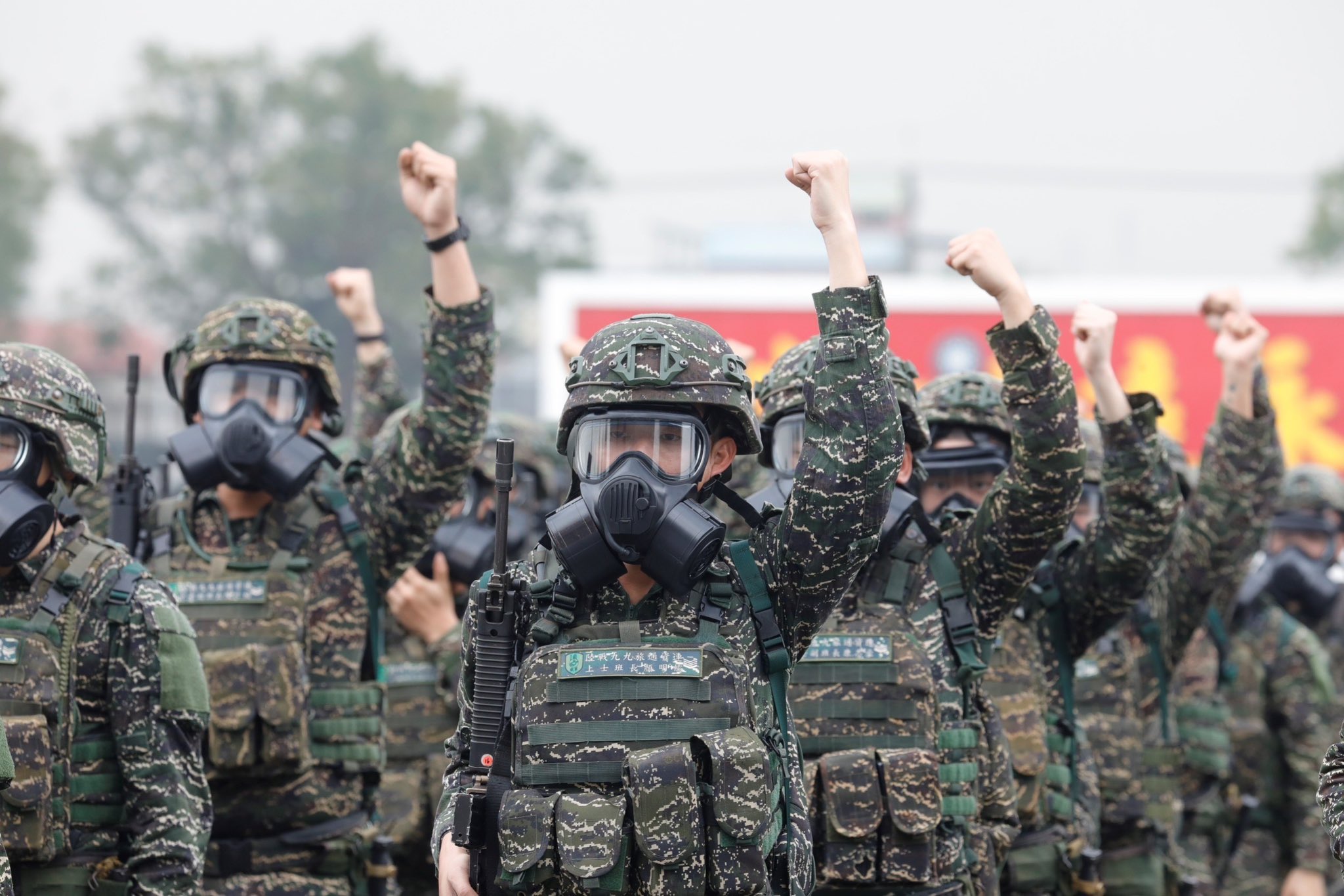 Domestic economic growth and new terrorist attacks on American soil likely will dominate the 2016 presidential campaign; but China’s continuing cybertheft, its building islands for military use out of reefs or sliding the world into global recession through mishandling of its own economy—coupled with North Korea’s nuclear weapons testing—are international issues that could surface as the race heats up.
Domestic economic growth and new terrorist attacks on American soil likely will dominate the 2016 presidential campaign; but China’s continuing cybertheft, its building islands for military use out of reefs or sliding the world into global recession through mishandling of its own economy—coupled with North Korea’s nuclear weapons testing—are international issues that could surface as the race heats up.
Speaking Tuesday at a Washington, D.C., forum on Asia today, Bonnie Glaser, a China expert at the Center for Strategic and International Studies (CSIS), said Beijing believes “a new administration [regardless of party] is going to take a tougher stance” in bilateral relations over maritime issues, cyber and economic development.
Christopher Johnson, also at the CSIS, said the “two main drivers” this year would be “the level of turbulence” between the United States and China over the freedom of navigation near these reclaimed reefs and cybersecurity. The Chinese leadership “is not much interested [in being] overly friendly” with Washington.
Glaser said the outcome of an international tribunal case brought by the Philippines against China’s reef reclamation projects and extended territorial claims in the South China Sea likely will become an irritant in regional relations. China has said it will reject the findings of the tribunal if it rules against China, a move considered as undermining international law.
Even in an area where the two countries had worked together—economic cooperation—”is now becoming more volatile” as Beijing’s stagnating growth is affecting worldwide markets, Johnson said.
For traditional American allies—such as Japan and South Korea—their continued “belief in our system” gives “us a cushion” in dealing with them in 2016 on regional issues, Michael Green, the forum moderator, said.
Victor Cha, an expert on Korea at CSIS, said that the concern of Seoul’s political elites concern is that they “don’t know the non-establishment candidates,” such as Donald Trump or Sen. Ted Cruz, (R-TX). Johnson said China has similar concerns about non-establishment candidates in the Republican Party.
A further wrinkle for U.S.-South Korea relations could surface because this is the last year of President Park Geun-hye’s administration: Her concern is leaving a legacy, while an incoming American president may desire to build new trails in regional relationships, Cha said.
As for Pyongyang, “in many ways, North Korea has checked out of this [President Barack Obama’s] administration.” Cha noted that Pyongyang has often tied its nuclear tests close to the American president’s State of the Union address.
Regarding Taiwan, which will hold national elections soon, Glaser said Taipei believes whoever wins in the United States they will “will stick with the Taiwan Relations Act,” but a Republican victory could lead to more advanced weapons sales—fighter aircraft and submarines—to bolster its defenses against China.
Olga Oliker, who heads CSIS’s Russia and Eurasia program, said that Moscow has a bifurcated approach to its relations with the United States. Russia stands up to Washington when it believes that is in its interest but stands side-by-side with the United States “in solving big issues facing the world.”
She added that Moscow views American policy as being pretty consistent since the establishment of the Russian Federation, following the collapse of the Soviet Union.





